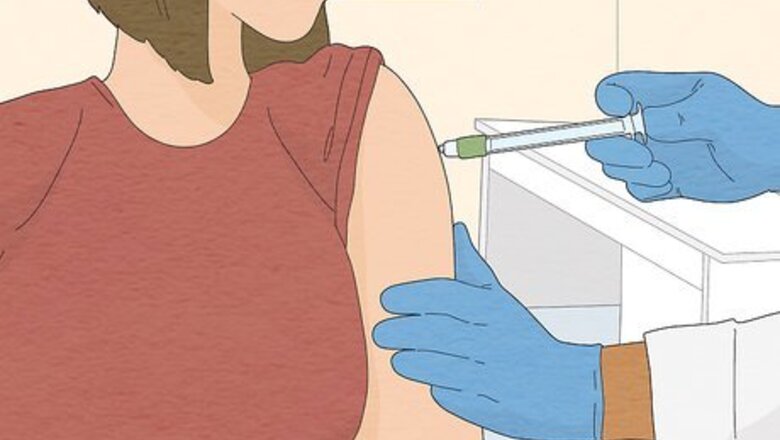
views
X
Trustworthy Source
Mayo Clinic
Educational website from one of the world's leading hospitals
Go to source
Hepatitis A may cause a variety of symptoms which usually last about two months, but, in some cases, can last up to six months. This article will outline the best ways to prevent hepatitis A.
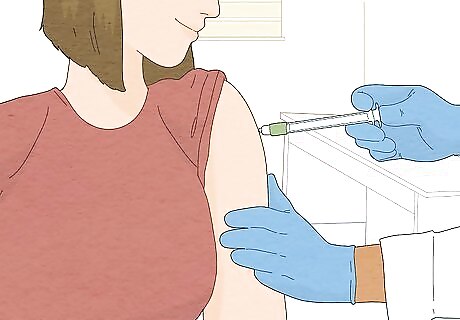
See a doctor and get vaccinated. As is the case with many viral diseases, vaccination is the best way to prevent hepatitis A. Vaccination is a quick, easy way to get immunity for hepatitis A, so if you believe you may be exposed to hepatitis A in the future, it's a very good idea to get a vaccine as soon as possible. The Center for Disease Control and Prevention has outlined the following vaccination protocols: The recommended age for Hepatitis A vaccination in infants is 12-23 months. Pre-teens and teens age 7-18 years old are recommended to take the Hepatitis Vaccine Series in the case of certain health conditions that may put them at higher risk for diseases (e.g., in the case of a sudden outbreak of disease that causes diarrhea). For ages 19 and above, it is recommended to take at least two vaccines, especially if the patient didn't receive any vaccination when s/he was young. Two additional doses are needed for people who are pregnant, have a weak immune system, are HIV positive, or have diabetes, kidney disease and/or certain heart conditions.
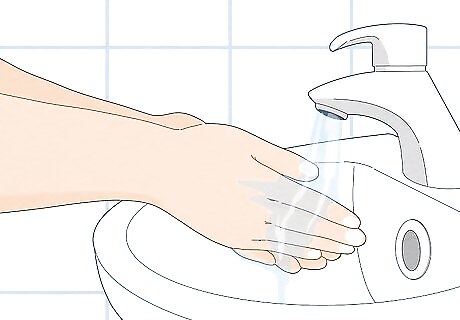
Wash your hands often. Because hepatitis A is usually spread through the consumption of tiny amounts of fecal matter, carefully washing your hands can go a long way in terms of preventing infection. Be particularly careful and wash your hands thoroughly if you have recently come into contact with any of the following: Public diaper changing tables Portable toilets Other areas where fecal matter may be present
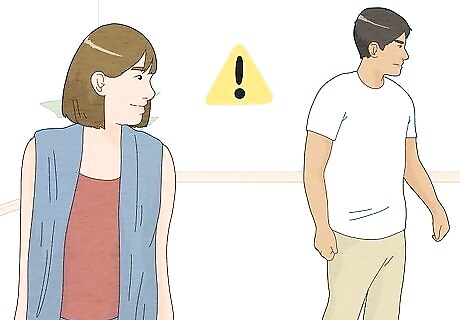
Use caution around infected people. Be especially cautious when you are in close proximity to someone you know is infected with hepatitis A, as s/he can unintentionally give you the virus. Avoid close personal contact with people who have hepatitis. Also avoid: Consuming food and drink that has been handled by someone with hepatitis A. Having sex with someone who has hepatitis A.
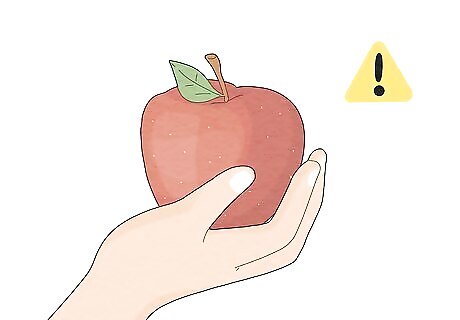
Know when and where to be alert. Be aware of foods and water in countries where hepatitis A is common (often in the developing world). Also be alert in areas where the conditions are unsanitary or poor personal hygiene is prevalent. The foods and drinks most likely to be contaminated with hepatitis A are: Vegetables Fruits Shellfish (from contaminated water sources) Unclean ice or water (which, in undeveloped areas, can contain sewage)

Know when to call a doctor. It's very important to know the signs and symptoms of Hepatitis A, especially in cases of sudden outbreaks of water borne diseases or when you are traveling in countries where the disease is endemic. When you experience some or all of the following symptoms, contact a doctor immediately: fever, malaise, loss of appetite, diarrhea, nausea, abdominal discomfort, dark-colored urine, and a yellowing of the skin and whites of the eyes called jaundice. There is no specific treatment for hepatitis A. Recovery from symptoms may take several weeks or even months. Supportive therapy for hepatitis A includes proper nutrition and fluid replacement from diarrhea. Note: The usual incubation period of Hepatitis A is 14-28 days. If you develop hepatitis A, notify anyone you've had close contact with in the past month so they can also contact their doctor.



















Comments
0 comment